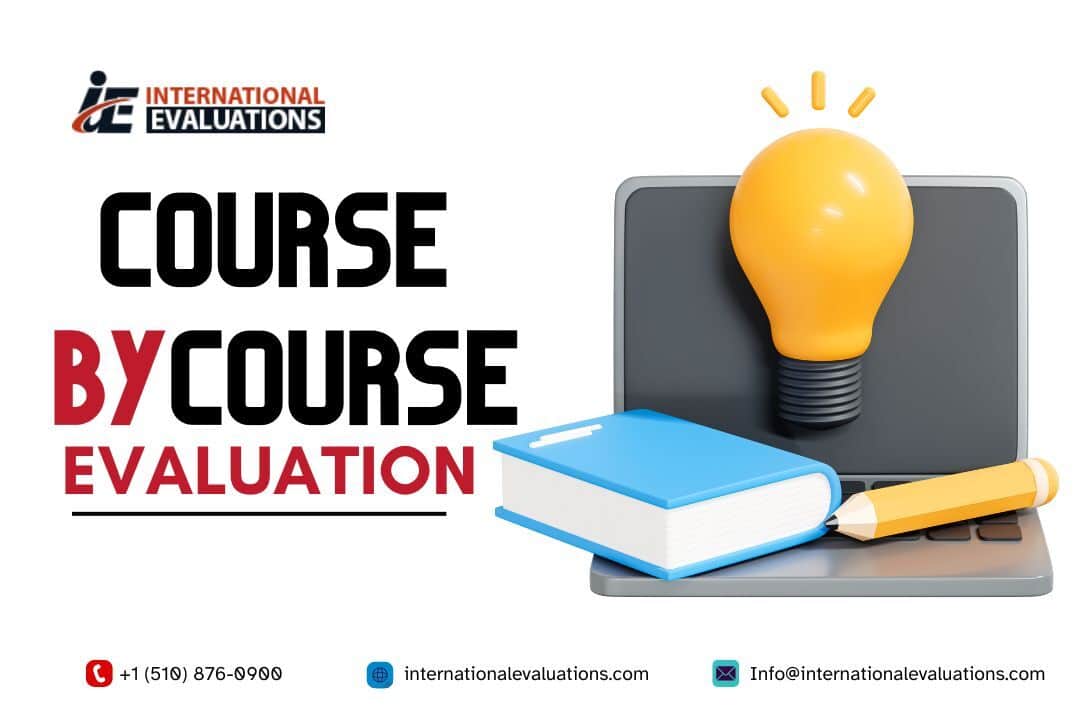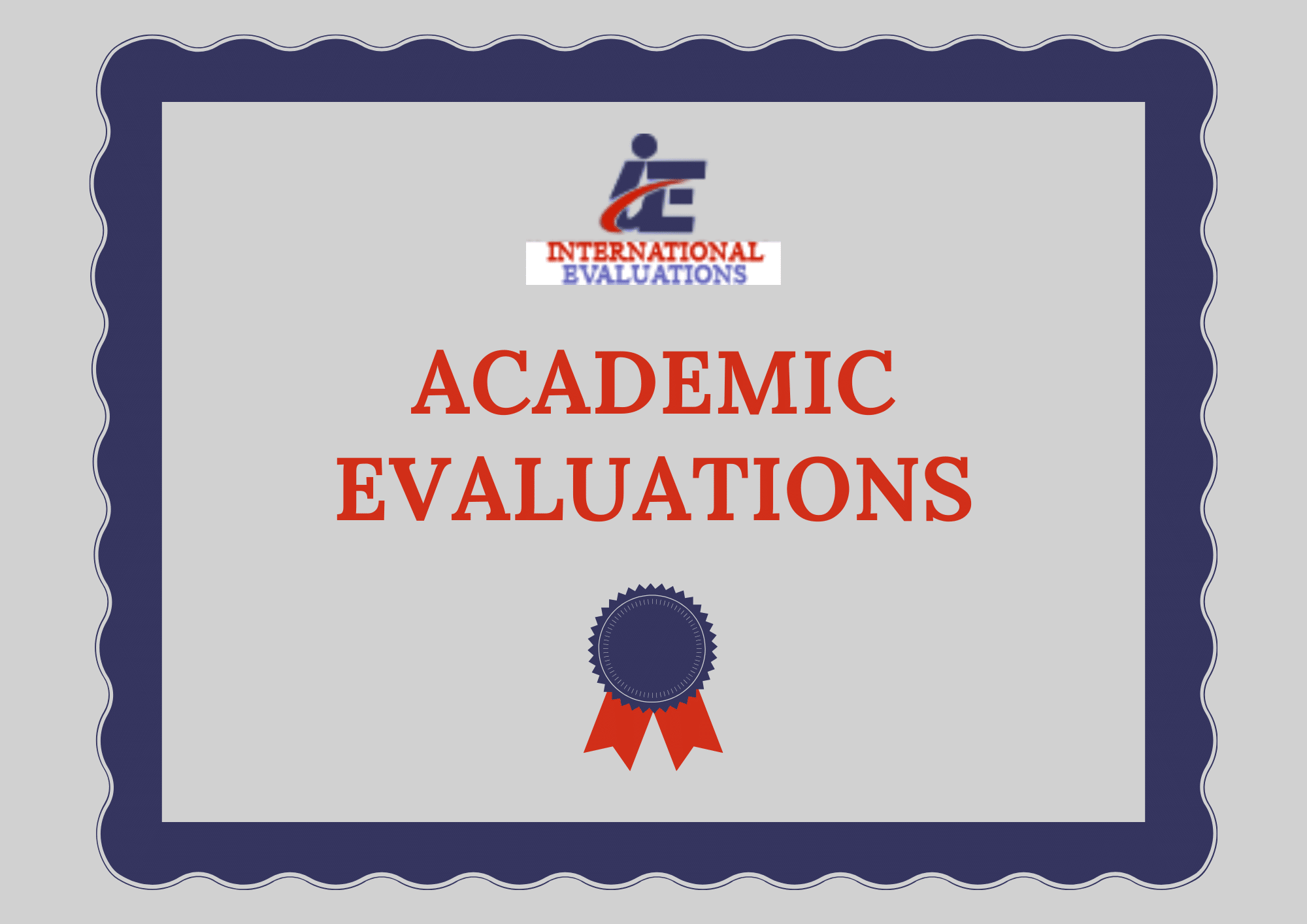Introduction
In an increasingly globalized world, the requirement to examine work experience accurately has never been more important. People wanting to advance their professions or relocate typically discover themselves browsing a labyrinth of academic and expert credentials from different nations. For employers and universities alike, comprehending these credentials is pivotal in guaranteeing that they pick the ideal prospects.
This article dives deep into Unlocking Potential: Comprehensive Work Experience Examination Techniques, exploring numerous methodologies, including academic credential evaluation, international credential evaluation services, course-by-course credential evaluation, and the value of the expert viewpoint letter in making informed decisions about prospective workers or students.
Unlocking Possible: Comprehensive Work Experience Assessment Techniques
Evaluating work experience functions as a bridge in between individual possible and opportunity. Yet, how do we unlock this possible efficiently? The response depends on a multi-faceted approach that integrates various evaluation methods tailored to private needs and contexts.
Understanding Work Experience Evaluation
Work experience evaluation assesses an individual's expert background, abilities, and competencies relative to task requirements or instructional standards. This procedure can substantially differ based on area, market, and particular roles.
The Importance of Accurate Evaluation
Why is precise https://brooksmjyp107.image-perth.org/debunking-academic-credential-evaluations-a-comprehensive-guide-to-international-and-course-by-course-services work experience assessment crucial? Mistakes can lead to poor hiring decisions, mismatched instructional positionings, or unfinished profession aspirations. It's vital for companies and organizations to guarantee they use accurate approaches when evaluating qualifications.
Key Components in Examining Work Experience
Professional Background Check
A thorough evaluation of previous employment history is essential. This consists of verifying job titles, periods of work, duties held, and achievements.
Skills Assessment
Comprehending the abilities gotten during previous functions assists evaluate suitability for future positions.
Industry Relevance
Assessing whether previous experiences line up with existing industry requirements is important for a meaningful assessment.
Academic Credential Evaluation
This includes evaluating any official education got along with expert experience.
Types of Credential Evaluations
International Credential Assessment Services
When candidates have qualifications from foreign institutions, international credential assessment services enter play.
What Are International Credential Evaluation Services?
These services evaluate foreign academic qualifications versus regional requirements. They offer insights into how degrees equate within the domestic education system or labor market.
Why Usage These Services?
- To understand equivalency in terms of education level To facilitate smoother immigration processes To enhance employability by confirming foreign qualifications
Course-by-Course Credential Evaluation
What Is Course-by-Course Credential Evaluation?
This type assesses each course taken during a candidate's education journey instead of just offering an overall degree equivalency.
Benefits
- Detailed insights into particular courses undertaken Enables organizations to make informed choices relating to credit transfers Supports applicants seeking more education by highlighting strengths and weaknesses
Crafting Reliable Expert Viewpoint Letters
An expert opinion letter functions as an important file in lots of assessment processes.
What Is a Professional Opinion Letter?
This letter is composed by professionals who have knowledge in evaluating educational qualifications or work experience relative to industry standards.
Why Are They Important?
Expert viewpoint letters serve multiple functions:
- Provide authoritative assessments Validate claims made by candidates about their experiences Enhance credibility throughout application processes
Steps for Performing an Extensive Work Experience Evaluation
Gather Documentation
Gather all pertinent files consisting of CVs, reference letters, and efficiency reviews.
Conduct Interviews
Direct discussions offer much deeper insights into prospects' experiences and soft skills.
Use Standardized Tools
Utilize structures or tools designed for examining skills and experiences systematically.
Comparison Versus Standards
Line up findings with industry benchmarks to ascertain relevance and value.
Compile Findings into Reports
Present outcomes clearly for stakeholders' review-- openness is key!


Challenges in Work Experience Evaluation
Recognizing Pitfalls
Despite best efforts, difficulties are plentiful in examining work experience properly:
Cultural Differences Variability in Job Titles Lack of Standardization Across AreasHow to Overcome These Challenges?
- Train evaluators on cultural competency. Utilize databases that clarify job title equivalencies across industries.
FAQs
1. What does scholastic credential examination entail?
Academic credential examination usually involves assessing degrees acquired from numerous organizations worldwide to identify their equivalency in another nation's education system.
2. Why are international credential evaluation services necessary?
They help confirm foreign credentials so that individuals can get work or admission into educational programs without confusion over their qualifications' legitimacy.
3. What distinguishes course-by-course credential evaluation from routine evaluations?
Course-by-course examinations analyze each specific course taken during one's education rather than merely evaluating the degree as a whole.
4. How does an expert viewpoint letter support my application?
An expert viewpoint letter supplies reliable backing for your claims concerning your certifications or experiences and can significantly boost your application's strength.
5. What prevail difficulties faced throughout work experience evaluations?
Common obstacles include cultural differences impacting interpretations of roles/skills, variability in task titles throughout areas, and lack of standardization causing confusion over equivalencies.
6. How can I prepare for a work experience evaluation?
Gather extensive paperwork like your CV/resume, recommendations from previous companies, performance evaluations if available, and be prepared to discuss your experiences candidly during interviews.
Conclusion
As we've explored throughout this post on " Unlocking Prospective: Comprehensive Work Experience Examination Techniques," it's clear that efficient examinations hinge on nuanced understanding and precise execution of a number of methods-- varying from academic credential assessments to expert viewpoint letters that lend credence to individual narratives.
Employers must embrace these thorough methods not simply as administrative necessities but as opportunities to empower individuals through fair evaluations-- eventually unlocking the vast potentials concealed within diverse backgrounds worldwide! By investing time in refining these techniques today, services can develop more powerful teams tomorrow while people can navigate their profession courses with clearness and confidence.